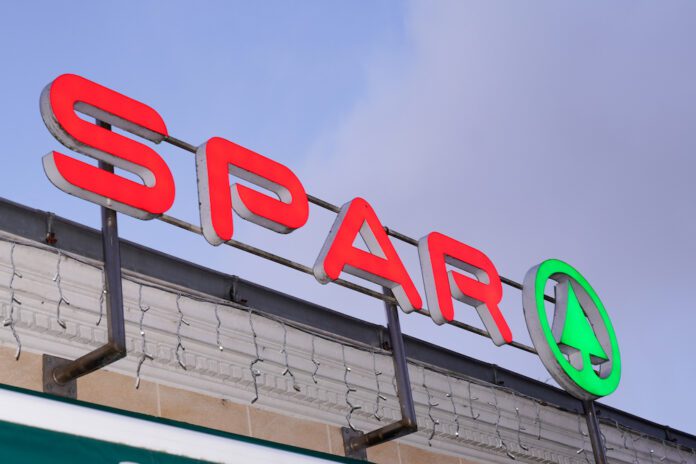Spar, a well-known Dutch supermarket chain, is at the center of a controversy involving international sanctions. Spar has been charged with aiding Iran in avoiding sanctions, according to a recent story published by the Volkskrant. Leaked documents from a whistleblower suggest that the supermarket chain’s operations in Iran may have facilitated transactions that involved Iran’s Revolutionary Guard (IRGC), a powerful and controversial military entity. These activities allegedly involved the import of Western technology and the use of a financial voucher system, raising serious concerns about potential sanctions violations.
Alleged Role in Facilitating Transactions
The leaked documents reveal that Spar’s operations in Iran may have been used to facilitate transactions that indirectly benefited the IRGC, an organization targeted by international sanctions. These documents suggest that Spar, through its Iranian operations, may have been involved in acquiring prohibited technology, which is typically restricted under international sanctions against Iran. Although Spar’s presence in Iran was initially promoted as a successful example of business engagement, the documents indicate that these operations may have involved more complex and questionable practices.
In 2022, Dutch Ambassador Frank Mollen publicly praised Spar’s operations in Tehran, describing them as a positive example of successful international business. However, the leaked documents present a different narrative, suggesting that Spar’s activities in Iran may have been more controversial than originally thought. These documents raise serious questions about whether Spar’s business operations were in compliance with international laws and regulations.
Suspicious Technology Acquisitions
One of the main concerns raised by the whistleblower is Spar’s acquisition of Western technology. According to the leaked materials, Spar’s operations in Iran, managed by a company called Blue River, acquired advanced Western equipment, such as HP servers and laptops. The documents claim that the equipment was purchased under false pretenses, with Spar allegedly presenting these items as necessary for supermarket operations. However, experts point out that such high-tech equipment is not required for the day-to-day functioning of a small grocery chain, suggesting that the equipment may have been intended for other purposes.
Security experts have raised concerns that this technology could have been diverted to support activities related to the IRGC or other sanctioned organizations. The diversion of such technology is a serious issue, as it could violate sanctions designed to restrict Iran’s access to sensitive Western technologies. If these items were used by groups like the IRGC, which are banned from accessing certain technologies, this would represent a breach of international law.
Potential Violations with the S-Pay Voucher System
Spar’s S-Pay voucher system, which enables Iranians residing overseas to transfer money to their Iranian relatives, is another matter of worry. While this service might appear harmless, the leaked documents suggest that there were plans to convert these credits into cash. This conversion could help bypass financial restrictions and potentially violate international sanctions. The ability to convert these vouchers into cash could facilitate the movement of money in ways that are harder to track, raising concerns that the funds could be used to support individuals or groups connected to the IRGC or other sanctioned entities.
By bypassing official financial systems, Spar’s S-Pay voucher system could undermine the effectiveness of international sanctions. This raises the risk that the company may have inadvertently or intentionally played a role in helping fund organizations or individuals linked to the IRGC, which could be considered a violation of the sanctions.
Concerns over Spar’s Role
The leaked documents about Spar’s operations in Iran have raised concerns about the company’s possible involvement in sanctions evasion. While initially seen as a success story, its acquisition of advanced technology and use of the S-Pay voucher system suggest potential violations of international sanctions. These actions highlight the challenges of enforcing sanctions, especially in regions like Iran, where businesses may inadvertently or intentionally bypass restrictions.
The controversy underscores the need for stronger monitoring of companies operating in sanctioned regions. The allegations show how businesses, even with official licenses, may unknowingly or knowingly participate in activities that undermine global efforts to enforce sanctions. These revelations emphasize the importance of ensuring robust oversight to prevent such violations.


